1. Academic Buildings and Facilities:
- John Radcliffe Hospital: The primary teaching hospital affiliated with Oxford, providing extensive clinical training opportunities. The hospital features advanced medical facilities and a wide range of specializations.
- Old Road Campus: Home to the Oxford University Medical School, it houses modern research labs, lecture theaters, and the Medical Sciences Teaching Centre.
- Botnar Research Centre: Located at the Old Road Campus, this center focuses on musculoskeletal and cardiovascular research and offers facilities for students involved in related research.
2. Tutorial System:
- Personalized Learning: Oxford’s tutorial system provides one-on-one or small group sessions with expert faculty. This method encourages deep learning and critical thinking, allowing for personalized feedback and guidance.
- Interdisciplinary Approach: Tutorials often involve discussions that integrate various aspects of medicine with related fields such as ethics, history, and public health.
3. Clinical Training:
- Diverse Placements: Students gain practical experience through placements in a variety of settings, including major hospitals, GP practices, and community health centers.
- Early Clinical Exposure: The program includes early clinical experience starting in the first year, allowing students to observe and participate in patient care from the outset.
4. Research Opportunities:
- Cutting-edge Research: Students have access to some of the world’s leading research facilities and can participate in groundbreaking research projects in fields like genomics, neuroscience, and clinical trials.
- Research Institutes: Opportunities exist to work with specialized institutes such as the Weatherall Institute of Molecular Medicine and the Oxford University Clinical Research Unit.
5. Libraries and Resources:
- Medical Sciences Library: Provides access to a vast collection of medical texts, journals, and digital resources. It is equipped with study spaces and IT facilities.
- Bodleian Library: One of the oldest libraries in Europe, offering extensive resources for research and study across disciplines.
6. Student Support Services:
- Academic Support: Includes tutoring, mentoring, and workshops to help students with their studies and research projects.
- Well-being Services: Provides mental health support, counseling services, and stress management resources to help students balance academic demands.
7. Student Life and Extracurriculars:
- Medical Society: The Oxford University Medical Society organizes events, lectures, and social activities for medical students, fostering a sense of community.
- Clubs and Sports: Oxford offers numerous clubs, sports teams, and cultural activities, allowing students to engage in interests outside of medicine.
8. Historic and Cultural Environment:
- University Architecture: The medical campus features a blend of historic and modern architecture, creating a stimulating and aesthetically pleasing learning environment.
- Cultural Events: Students can participate in a variety of cultural and academic events hosted by the university and the city of Oxford.
9. Global Opportunities:
- International Collaborations: Oxford’s global network includes partnerships with leading medical institutions worldwide, offering opportunities for international research and clinical placements.
- Exchange Programs: Students may have the chance to participate in exchange programs and internships abroad, enhancing their global medical perspective.
10. Integration with the City of Oxford:
- City Integration: The medical school is well-integrated into the city, allowing students to experience the vibrant life of Oxford while benefiting from its rich academic resources.
- Networking Opportunities: The proximity to a diverse range of academic and professional events in Oxford provides additional networking and learning opportunities for students.
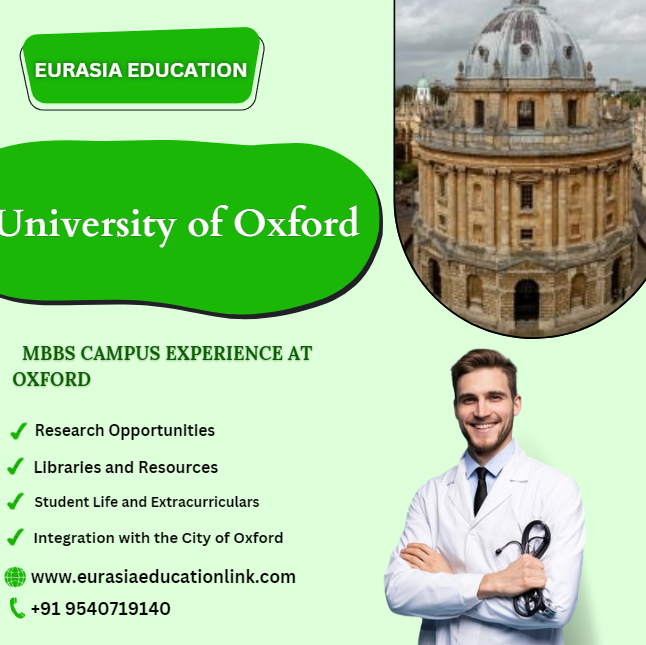






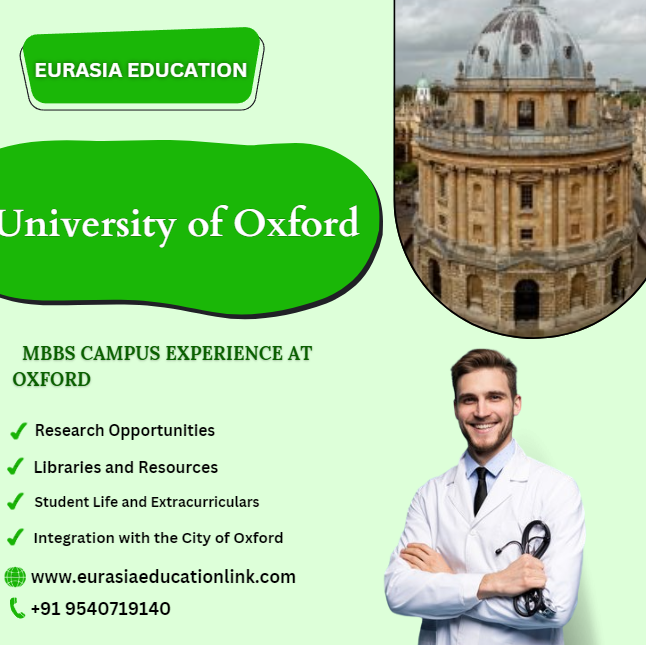

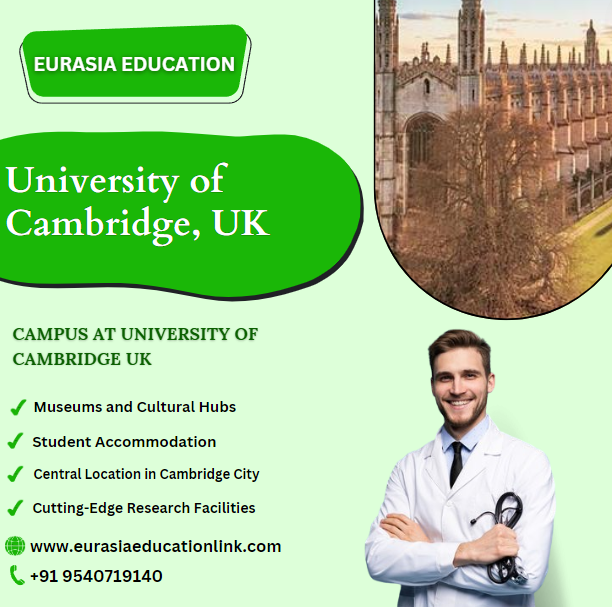
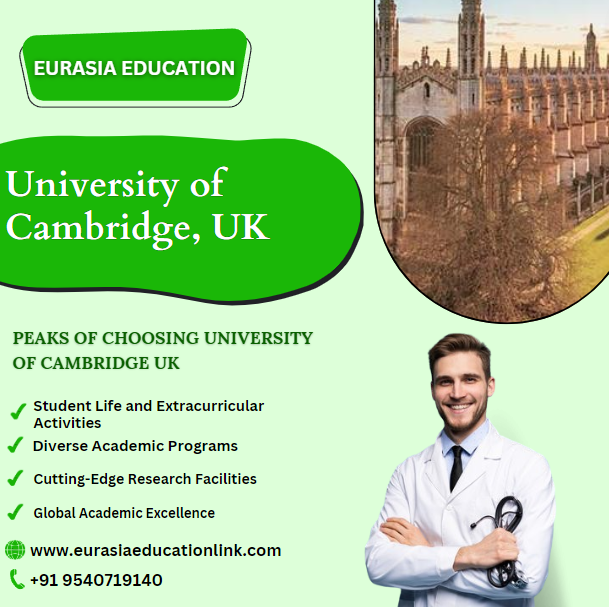
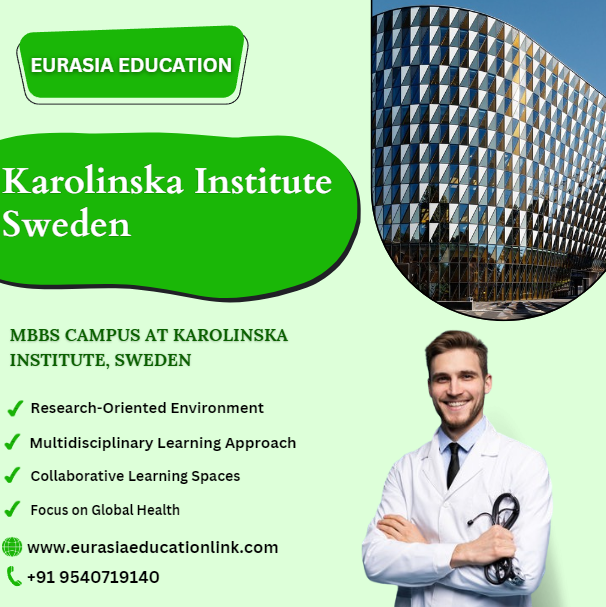
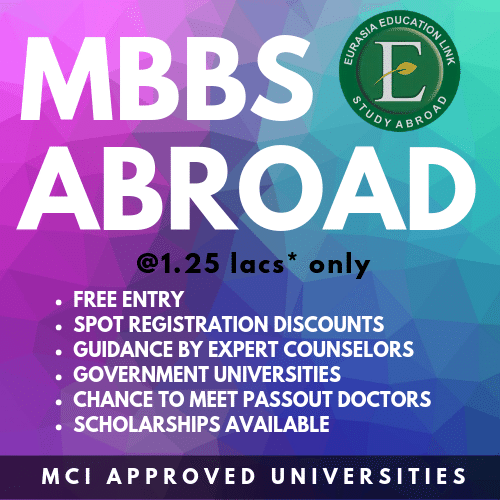



August 29, 2025
ReplyAugust 28, 2025
ReplyAugust 20, 2025
ReplyAugust 19, 2025
ReplyAugust 11, 2025
ReplyAugust 10, 2025
ReplyAugust 8, 2025
ReplyAugust 2, 2025
ReplyAugust 1, 2025
ReplyJuly 27, 2025
ReplyJune 17, 2025
ReplyJune 11, 2025
ReplyJune 11, 2025
ReplyJune 10, 2025
ReplyJune 8, 2025
ReplyJune 7, 2025
ReplyJune 6, 2025
ReplyJune 3, 2025
ReplyJune 2, 2025
ReplyMay 28, 2025
ReplyMay 28, 2025
ReplyMay 25, 2025
ReplyMay 22, 2025
ReplyMay 14, 2025
ReplyMay 12, 2025
ReplyMay 11, 2025
ReplyMay 6, 2025
ReplyApril 28, 2025
ReplyApril 22, 2025
ReplyApril 21, 2025
ReplyApril 19, 2025
ReplyApril 13, 2025
ReplyApril 11, 2025
ReplyApril 10, 2025
ReplyApril 8, 2025
ReplyApril 6, 2025
ReplyApril 5, 2025
ReplyApril 5, 2025
ReplyApril 2, 2025
ReplyApril 2, 2025
ReplyApril 1, 2025
ReplyMarch 28, 2025
ReplyMarch 24, 2025
ReplyMarch 19, 2025
ReplyMarch 18, 2025
ReplyMarch 15, 2025
ReplyMarch 14, 2025
ReplyMarch 10, 2025
ReplyMarch 7, 2025
ReplyMarch 2, 2025
ReplyMarch 1, 2025
ReplyFebruary 20, 2025
ReplyFebruary 18, 2025
ReplyFebruary 14, 2025
ReplyFebruary 10, 2025
ReplyFebruary 5, 2025
ReplyFebruary 4, 2025
ReplyJanuary 30, 2025
ReplyJanuary 27, 2025
ReplyJanuary 24, 2025
ReplyJanuary 24, 2025
ReplyJanuary 23, 2025
ReplyJanuary 20, 2025
ReplyJanuary 20, 2025
ReplyJanuary 17, 2025
ReplyJanuary 13, 2025
ReplyJanuary 10, 2025
ReplyJanuary 9, 2025
ReplyOctober 29, 2024
Reply